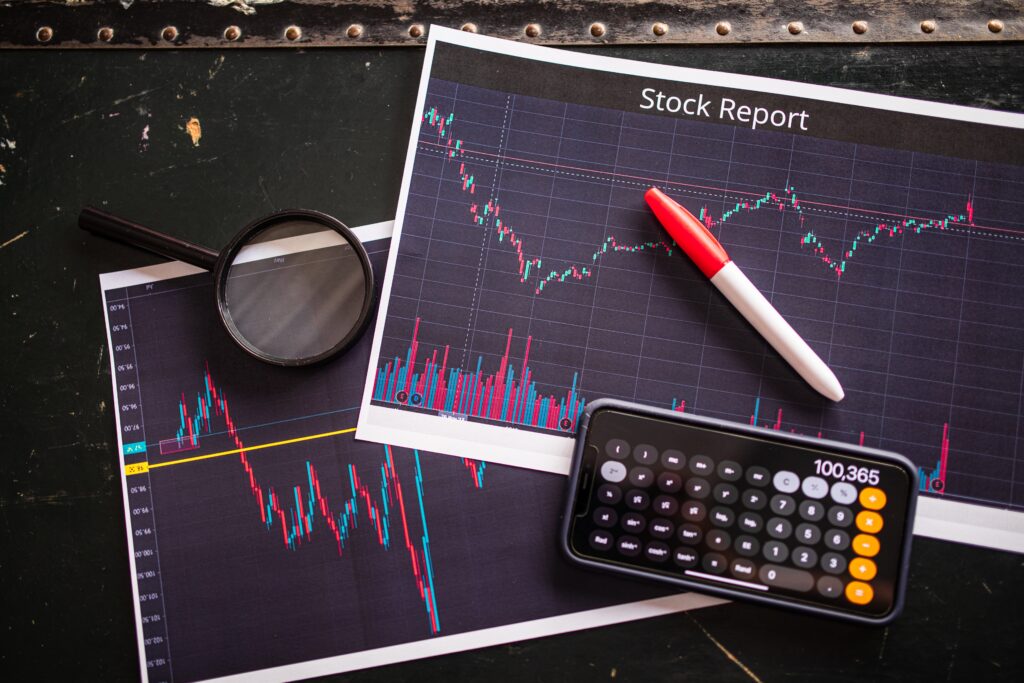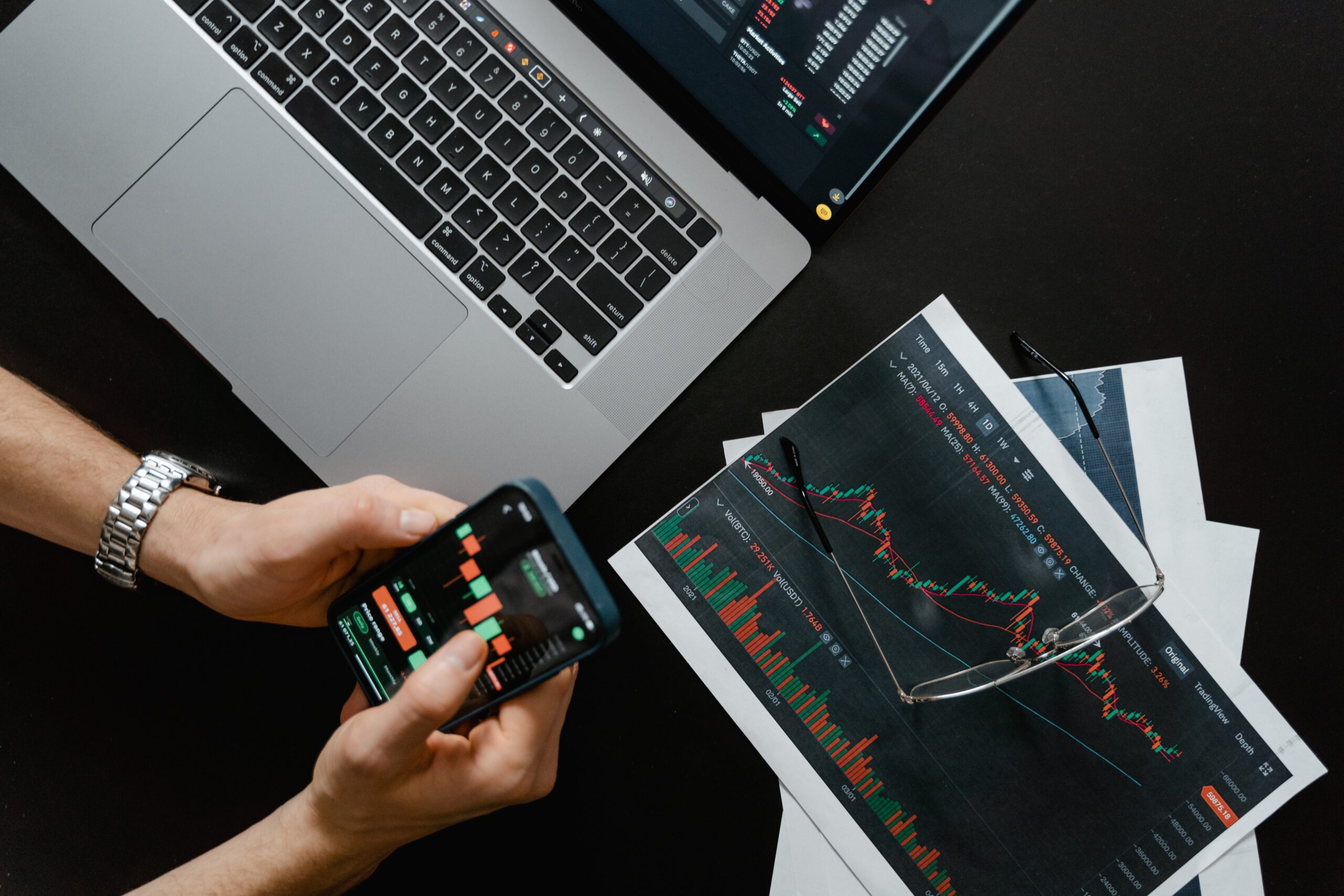
When it comes to investing, safety is often a primary concern for many investors. While there is no such thing as a completely risk-free investment, there are some stocks that are generally considered to be safer than others. Here are some of the characteristics that investors typically look for in a safe stock:
Established companies: Companies that have a long history of success are often considered to be safer than newer, less established companies. These companies tend to have a track record of consistent revenue and earnings growth, which can provide a sense of stability to investors.
Strong balance sheets: Companies with strong balance sheets are generally considered to be safer than companies with weak balance sheets. A strong balance sheet typically means that a company has low debt levels and a healthy cash position, which can help it weather economic downturns.
Defensive sectors: Certain sectors of the economy, such as utilities and consumer staples, are generally considered to be safer than other sectors. These sectors tend to be less volatile than other sectors and can provide a measure of stability to investors.
Based on these characteristics, some of the safest stocks are those that are considered to be “blue-chip” stocks. Blue-chip stocks are stocks of companies that are large, well-established, and financially sound. Some examples of blue-chip stocks include:
Johnson & Johnson (JNJ): Johnson & Johnson is a diversified healthcare company that has been around for over 130 years. The company has a strong balance sheet and a long history of consistent revenue and earnings growth. Additionally, the healthcare sector is considered to be defensive, which can provide a measure of stability to investors.
Procter & Gamble (PG): Procter & Gamble is a consumer goods company that has been around for over 180 years. The company has a strong portfolio of brands, such as Tide and Pampers, and has a history of consistent revenue and earnings growth. Additionally, the consumer goods sector is considered to be defensive.
Coca-Cola (KO): Coca-Cola is a beverage company that has been around for over 125 years. The company has a strong brand and a diversified portfolio of products, such as soft drinks and bottled water. Additionally, the consumer staples sector, which includes beverage companies, is considered to be defensive.
Verizon Communications (VZ): Verizon is a telecommunications company that provides wireless and wired communication services. The company has a strong balance sheet and a long history of consistent revenue and earnings growth. Additionally, the telecommunications sector is considered to be defensive.
It’s important to note that while these stocks are generally considered to be safer than other stocks, they are not risk-free. All stocks are subject to market volatility and can experience losses. Additionally, these stocks may not be appropriate for all investors, as they may not provide the same level of growth potential as riskier stocks.
In conclusion, while there is no such thing as a completely risk-free investment, there are some stocks that are generally considered to be safer than others. These stocks tend to be those of large, well-established companies with strong balance sheets and a history of consistent revenue and earnings growth. Additionally, certain sectors of the economy, such as utilities and consumer staples, are generally considered to be defensive and can provide a measure of stability to investors. Some examples of safe stocks include Johnson & Johnson, Procter & Gamble, Coca-Cola, and Verizon Communications. However, it’s important to remember that these stocks are not risk-free and may not be appropriate for all investors.
